The plight of the Rohingya refugees in Bangladesh has taken a devastating turn as education, one of the few lifelines available to displaced children, is rapidly disappearing. The recent Human Rights Watch (HRW) report documenting the closure of over 6,400 learning centers in the Rohingya refugee camps is not merely an alarm bell-it is a thunderous indictment of international neglect. Approximately 300,000 Rohingya children now face a future without even the most basic access to schooling. This is not only a humanitarian disaster but a looming security and development crisis for the entire region.
The closures are a direct result of foreign aid drying up. What little infrastructure had been built to give these children a semblance of normalcy is being dismantled, brick by brick, leaving behind only despair. But this is more than the loss of buildings; it is the systematic dismantling of hope. For a stateless and persecuted people like the Rohingya, education was the only avenue through which they could imagine a future beyond the barbed-wire confines of the camps in Cox’s Bazar.
The consequences of this collapse are dire and far-reaching. Children deprived of education are far more likely to fall victim to child labor, trafficking, early marriage, and recruitment by extremist groups. In the absence of structured learning and safe spaces, radicalization becomes a plausible outcome-not because the Rohingya are inherently vulnerable to it, but because society has left them with no alternatives. This is the cost of international inaction: not just broken futures, but broken communities, increasingly susceptible to the influence of armed and criminal networks that thrive in ungoverned spaces.
This is not an abstract risk. Bangladesh is already burdened by the responsibility of hosting nearly one million Rohingya refugees since their mass exodus from Myanmar in 2017, following what the United Nations has described as a campaign of genocide by the Myanmar military. The country’s economic, environmental, and social fabric is being stretched to breaking point. More than half the refugee population is under the age of 18. In denying these children education, the international community is effectively consigning them-and by extension, Bangladesh-to an indefinite future of dependence, instability, and volatility.
Some officials have tried to explain the situation as a result of “donor fatigue.” But this narrative obscures the reality: the world is not being asked to sponsor a long-term welfare project. It is being called upon to prevent the creation of a vast, disenfranchised, and stateless underclass that could destabilize the region for generations. Current aid levels-reduced to a meager $3 per person per month-are not just inadequate, they are emblematic of a broader moral collapse.
Bangladesh, for its part, has historically limited Rohingya access to formal education, out of fear that integration would undermine efforts to repatriate them to Myanmar. As a result, children have only had access to informal learning centers using a limited curriculum. Even so, these makeshift systems had begun to offer hope. That hope is now fading. The government’s fears are not unfounded; long-term refugee situations often morph into de facto resettlement. But blocking education as a form of deterrence is shortsighted and ultimately self-defeating.
The political transition in Bangladesh-marked by the departure of Sheikh Hasina on August 5, 2024, and the appointment of Nobel Peace Prize laureate Dr. Muhammad Yunus as the head of an interim government-raised hopes that the country’s approach to the Rohingya crisis might change. Yet, months later, the policies remain largely the same. Despite Yunus’s international standing and humanitarian credentials, no significant shift in policy has materialized. This continuity of neglect reflects a broader international paralysis, where symbolism has replaced substance.
If the world is serious about avoiding another generation of failed international promises, urgent steps are needed.
First, donor countries must immediately restore funding for basic education services through the United Nations and key NGOs. The United States, European Union, United Kingdom, and Gulf nations, in particular, must recognize that the front line of regional security and development lies not in military assistance, but in classrooms and schoolbooks.
Second, the Government of Bangladesh must lift restrictions on formal education and allow the implementation of the Myanmar national curriculum in exile. This curriculum, backed by UNICEF, provides a viable path for the eventual repatriation of Rohingya children by aligning their education with Myanmar’s national standards. This is not integration-it is strategic preparation for return.
Third, ASEAN nations-especially those like Malaysia and Indonesia that host smaller Rohingya populations-must become more proactive. These countries must pressure Myanmar to accept responsibility for the crisis and simultaneously support long-term, sustainable funding mechanisms to ensure that Rohingya refugees are treated as potential contributors to regional peace, not as permanent burdens.
Fourth, the creation of a Global Rohingya Education Fund should be prioritized. This multidonor pooled mechanism would be tasked specifically with protecting education in refugee camps, ensuring that funding is ring-fenced, transparent, and directed toward restoring learning opportunities for children. Oversight could be provided by a neutral international body to guarantee effectiveness and prevent political interference.
Let there be no misunderstanding: this crisis is not just about 300,000 children. It is about the credibility of the international community. The Rohingya were already failed once-when the world turned away as the Myanmar military burned their villages, raped their women, and murdered their families. Failing them again in exile by stripping away their right to learn is a betrayal of a different kind, but no less catastrophic.
Education is not a luxury. It is a basic human right and the foundation for any dignified future. If the world does not act now-decisively and generously-we will be remembered not just for our silence during genocide, but for our indifference in its aftermath.
The question is no longer what the Rohingya can expect from the world. It is what kind of world we want to be.
Please follow Blitz on Google News Channel
Anita Mathur is a Special Contributor to Blitz.
rohingya-refugees-face-crisis-as-education-access-collapses-in-camps

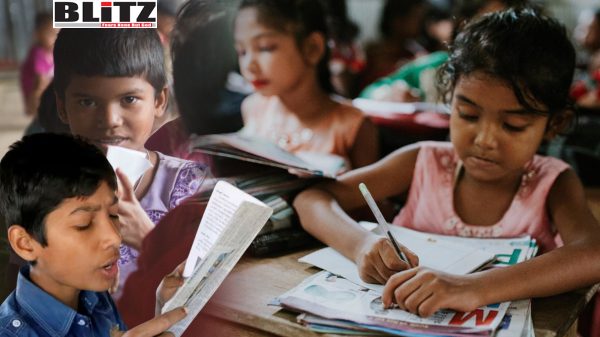



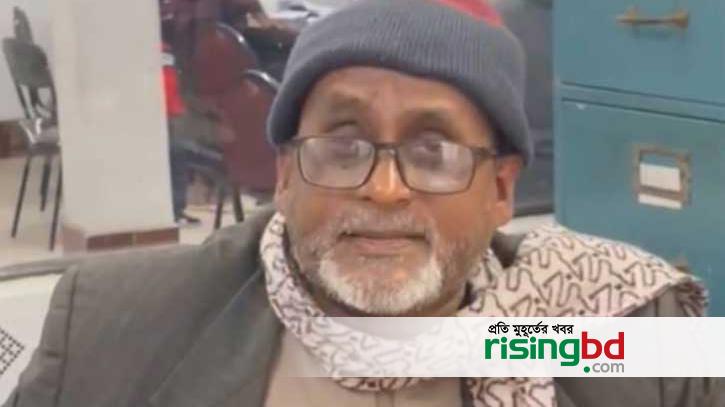



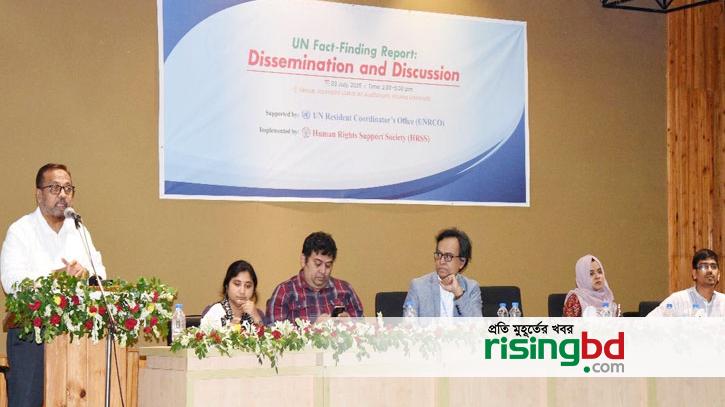

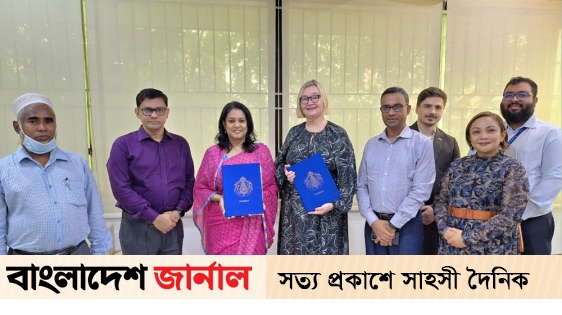

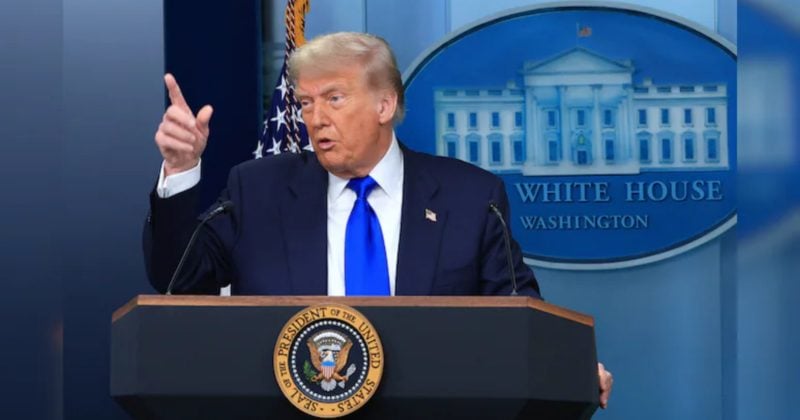

Leave a Reply